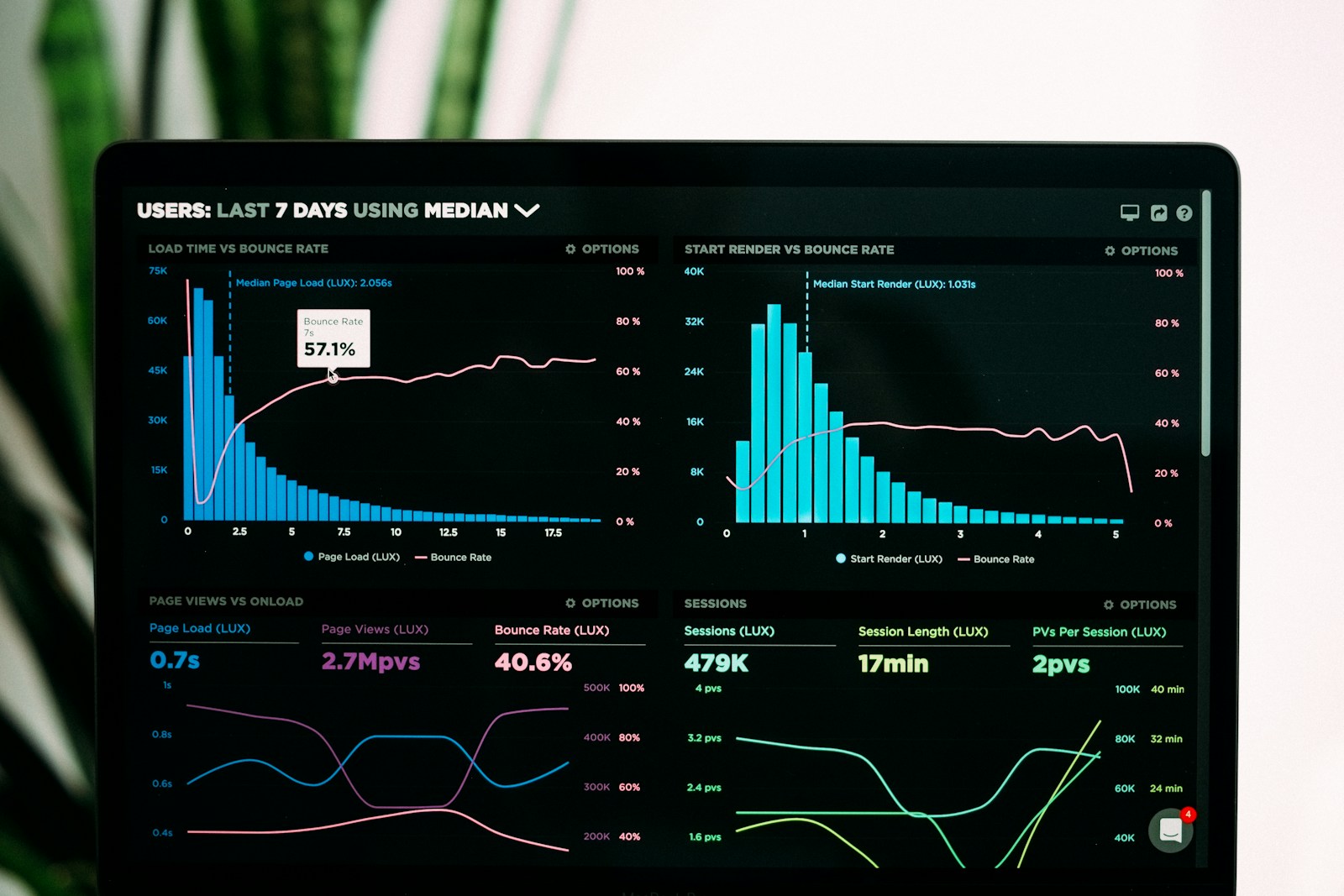In today’s dynamic world, a well-oiled supply chain is the backbone of any successful business. But how do you know if your supply chain is truly running smoothly? Enter Key Performance Indicators (KPIs). These quantifiable metrics act as the GPS of your supply chain, guiding you towards optimal performance across all functions, from purchasing and contracts to inventory management and warehouse logistics.
Why Measure KPIs in Supply Chain Management?
Without clear measurement, it’s impossible to identify areas for improvement or track progress towards goals. KPIs provide a data-driven approach to evaluating the effectiveness and efficiency of your supply chain. By monitoring these key metrics, you can:
• Identify Bottlenecks: KPIs pinpoint areas where your supply chain is slowing down, allowing you to address issues like slow approvals, inefficient warehousing processes, or high stockouts.
• Reduce Costs: Data-driven insights from KPIs help you optimise processes, minimise waste, and negotiate better deals with suppliers, ultimately leading to cost savings.
• Improve Customer Satisfaction: Timely deliveries, accurate orders, and efficient communication all contribute to customer satisfaction. KPIs help ensure these areas are performing well.
• Make Informed Decisions: Data from KPIs empowers you to make strategic decisions regarding inventory levels, supplier selection, and resource allocation.
Purchasing:
Effective procurement is the cornerstone of a robust supply chain. KPIs in purchasing illuminate the efficiency and effectiveness of procurement processes. Metrics such as supplier lead time, cost variance, and supplier quality index provide invaluable insights into supplier performance, cost control, and product quality. By tracking these KPIs, organisations can identify areas for improvement, negotiate better contracts, and foster long-term partnerships with reliable suppliers.
Contract Management:
Contracts lay the groundwork for successful supply chain partnerships. KPIs in contract management assess adherence to contractual agreements, risk mitigation, and cost-effectiveness. Metrics like contract compliance rate, contract cycle time, and savings realisation rate offer visibility into contract performance and vendor obligations. By monitoring these KPIs, businesses can uphold compliance, mitigate risks, and maximise the value derived from contractual relationships.
Inventory Management:
Optimal inventory management strikes a delicate balance between meeting demand and minimising holding costs. KPIs in inventory management gauge inventory turnover, fill rate, and stockout rate to assess inventory performance and responsiveness. By tracking these metrics, organisations can optimise inventory levels, reduce carrying costs, and enhance customer satisfaction through timely order fulfillment.
Warehouse Management and Logistics:
Efficient warehouse management and logistics are critical for seamless order fulfilment and delivery. KPIs in this domain evaluate warehouse productivity, order accuracy, and transportation efficiency. Metrics like order picking accuracy, on-time delivery rate, and transportation cost per unit shed light on operational performance and cost-effectiveness. By leveraging these KPIs, businesses can streamline warehouse operations, minimise lead times, and optimise transportation networks to meet customer expectations.
By establishing and monitoring relevant KPIs across all supply chain functions, you gain a holistic view of its health. Regular KPI analysis allows you to identify trends, address issues proactively, and continuously improve your supply chain’s performance. Remember, KPIs are not just numbers: they are actionable insights that can propel your business forward.






